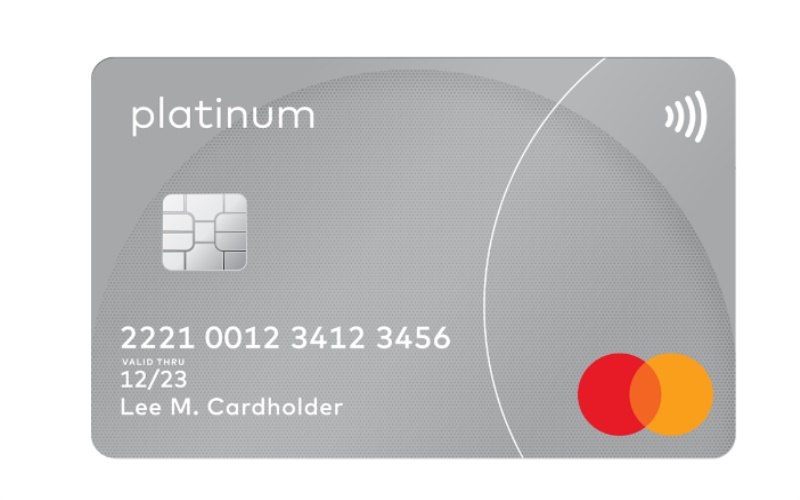Introduction to credit cards
Welcome to the world of credit cards บัตรเครดิต , where convenience meets financial responsibility! These little pieces of plastic have become a staple in our modern lives, offering us the flexibility and purchasing power we desire. But with great power comes great responsibility – it’s important to use your credit cards wisely and responsibly.
In this blog post, we’ll dive into the importance of responsible credit card usage and provide you with some invaluable tips on how to effectively manage your debt. So whether you’re a seasoned credit card user or just dipping your toes into the world of plastic money, let’s explore how you can make the most out of your current credit cards while keeping your financial health intact. Let’s get started!
The importance of responsible usage
Responsible usage of credit cards is crucial for maintaining a healthy financial life. It’s all too easy to fall into the trap of overspending and accumulating debt, but being mindful and disciplined can help you avoid these pitfalls.
One important aspect of responsible credit card usage is paying your bills on time. Late payments can result in hefty fees and damage your credit score. Set up reminders or automatic payments to ensure you never miss a due date.
Another key factor is keeping your credit utilization low. This means not maxing out your cards or carrying high balances month after month. Aim to keep your utilization below 30% to show lenders that you are using credit responsibly.
Monitoring your spending is also essential when it comes to responsible usage. Keep track of your purchases, review statements regularly, and identify any unauthorized charges promptly. This way, you can detect potential fraud early on and take necessary actions.
Always resist the temptation to make unnecessary purchases simply because they’re available on credit. Remember that every swipe adds up and impacts your overall financial situation.
By practicing responsible usage of credit cards, you’ll be able to enjoy the benefits they offer without falling into overwhelming debt or damaging your financial future!
Tips for using credit cards responsibly
- Create a budget: Before you start using your credit card, it’s important to have a clear understanding of your finances. Set a monthly budget that includes all your expenses and stick to it. This will help you avoid overspending and accumulating unnecessary debt.
2. Pay on time: Always make sure to pay your credit card bill on time. Late payments not only result in hefty fees but can also negatively impact your credit score. Consider setting up automatic payments or creating reminders to ensure you never miss a deadline.
3. Monitor your spending: Keep track of every transaction made with your credit card. Regularly review your statements and check for any unauthorized charges or errors. By monitoring your spending, you can identify areas where you may need to cut back and stay within your budget.
4. Don’t max out the limit: It’s tempting to use up the full credit limit available on our cards, but this can have serious consequences for our financial health. Aim to keep utilization below 30% of the total limit at all times.
5. Avoid unnecessary debt: While emergencies happen, try not to rely solely on credit cards when unexpected expenses arise. Build an emergency fund so that you have cash reserves available instead of resorting immediately to charging everything on plastic.
Remember, responsible usage of credit cards is crucial for maintaining good financial health and avoiding unnecessary debt burdens in the future!
How to manage and pay off credit card debt
Managing and paying off credit card debt is crucial for maintaining financial stability and building a strong credit history. Here are some strategies to help you effectively manage your credit card debt:
1. Create a budget: Start by assessing your income and expenses, then create a realistic monthly budget that includes provisions for paying down your credit card debt. Stick to this budget diligently to ensure you’re allocating enough funds towards reducing your balances.
2. Prioritize payments: If you have multiple credit cards with outstanding balances, prioritize the ones with higher interest rates or those nearing their credit limits. By focusing on these cards first, you can save money on interest charges and improve your overall utilization ratio.
3. Pay more than the minimum payment: While it may be tempting to only pay the minimum amount due each month, this will prolong the time it takes to pay off your debts and accumulate additional interest charges. Aim to pay more than the minimum whenever possible.
4. Consider balance transfers or consolidation loans: If you have high-interest rates on one or more of your credit cards, explore options like balance transfers or personal loans with lower interest rates that can help consolidate your debts into one manageable payment.
5. Negotiate lower interest rates: Contacting your creditors directly might allow you to negotiate lower interest rates or better repayment terms based on factors such as good payment history or financial hardship.
6. Seek professional guidance if needed: If managing multiple debts becomes overwhelming, consider seeking assistance from a reputable non profit consumer counseling agency who can provide personalized advice and potential solutions tailored to fit your situation.
Remember, managing and paying off credit card debt requires discipline and commitment over time but taking small steps today can lead to significant positive changes in the future.

